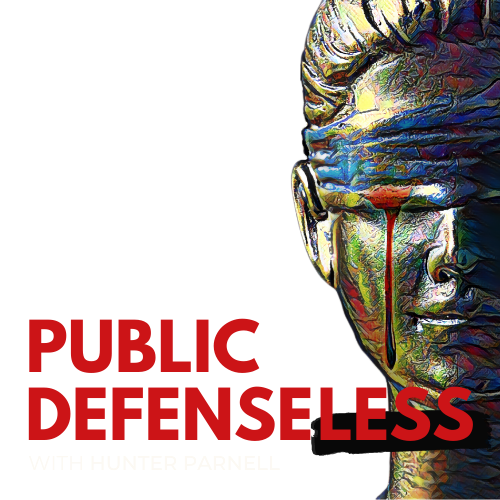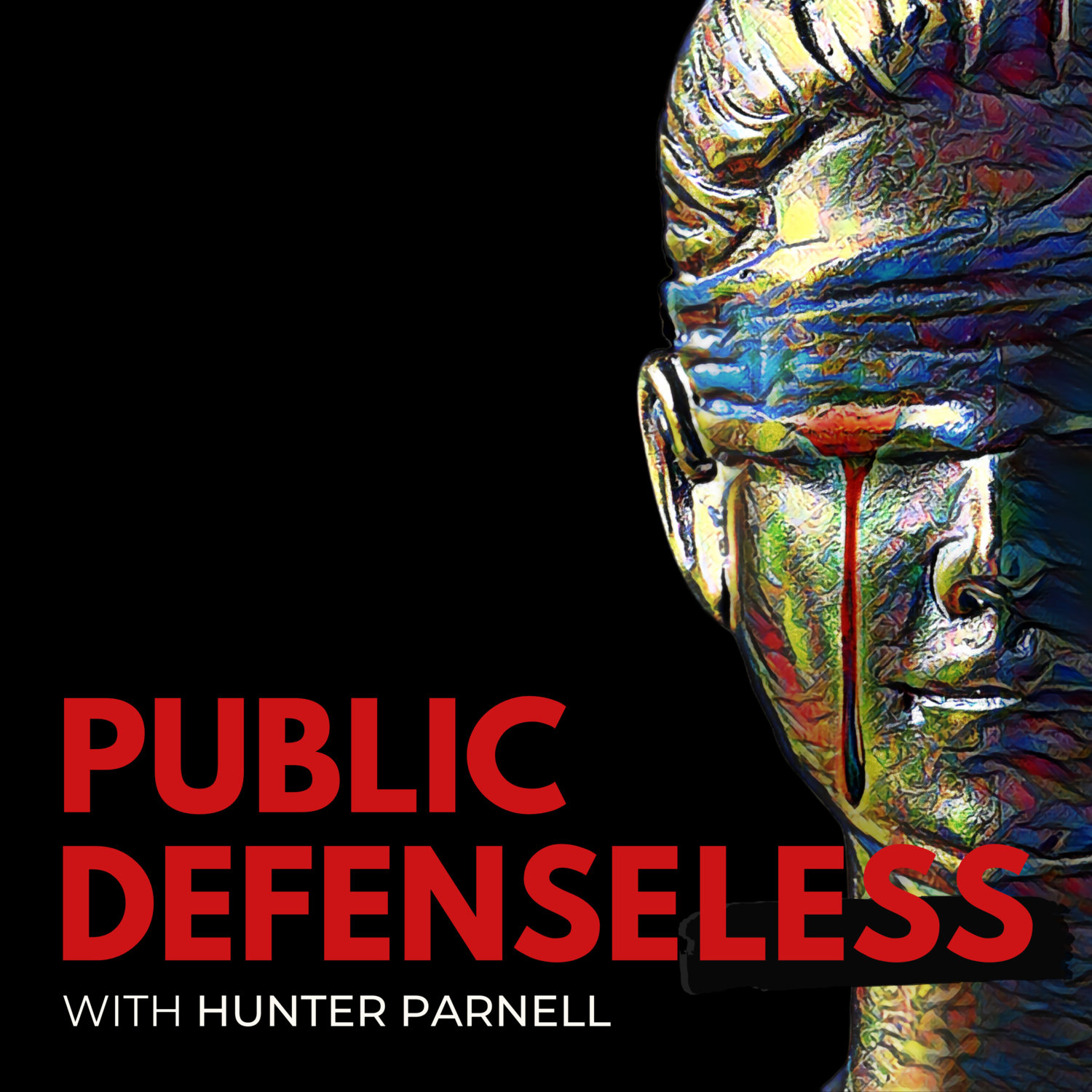If Another Person Confesses to a Crime, Why Can't Jurors Hear that Evidence? w/Sharon Turlington
Today, Hunter is joined by long time Capital Defender, Sharon Turlington. Today, the two discuss cases that bookended Sharon’s career in Missouri. Both cases involved an in the weeds evidentiary rule that prohibits testimony that points to the guilt of a person who is not on trial. In one of her earliest cases, this rule kept the jury from hearing that a third party ADMITTED TO COMMITING THE CRIME IN QUESITON. In her last case, it kept the jury from hearing that FIVE people pointed to another person who had far more evidence pointing his direction. Together with the episodes from the past two days, this episode highlights the many ways the deck is stacked against criminal defendants.
Guests:
Sharon Turlington, Long Time Capital Public Defender, Missouri
Resources:
The Cases
State v Malik Nettles ED74494 (1999)
https://caselaw.findlaw.com/court/mo-court-of-appeals/1163320.html
State v Kylr Yust WD84633 (2023)
https://law.justia.com/cases/missouri/court-of-appeals/2023/wd84633.html
Contact Sharon
Contact Hunter Parnell:
@PublicDefenselessPodcast
@PDefenselessPod
Subscribe to the Patron
www.patreon.com/PublicDefenselessPodcast
Donate on PayPal
https://www.paypal.com/donate/?hosted_button_id=5KW7WMJWEXTAJ
Donate on Stripe
https://donate.stripe.com/7sI01tb2v3dwaM8cMN
*As a reminder, any statements made on the show do not reflect the views or policies of the Colorado Office of the State Public Defender*

